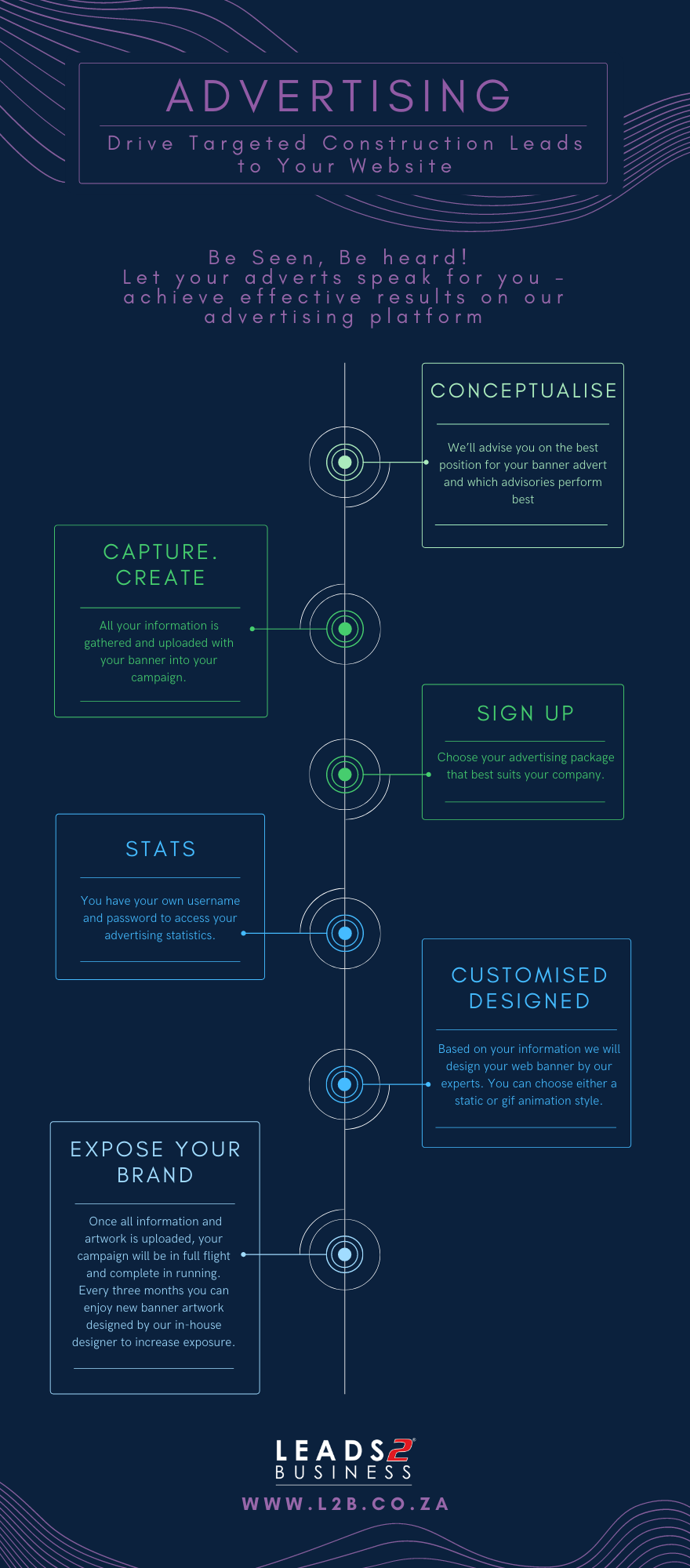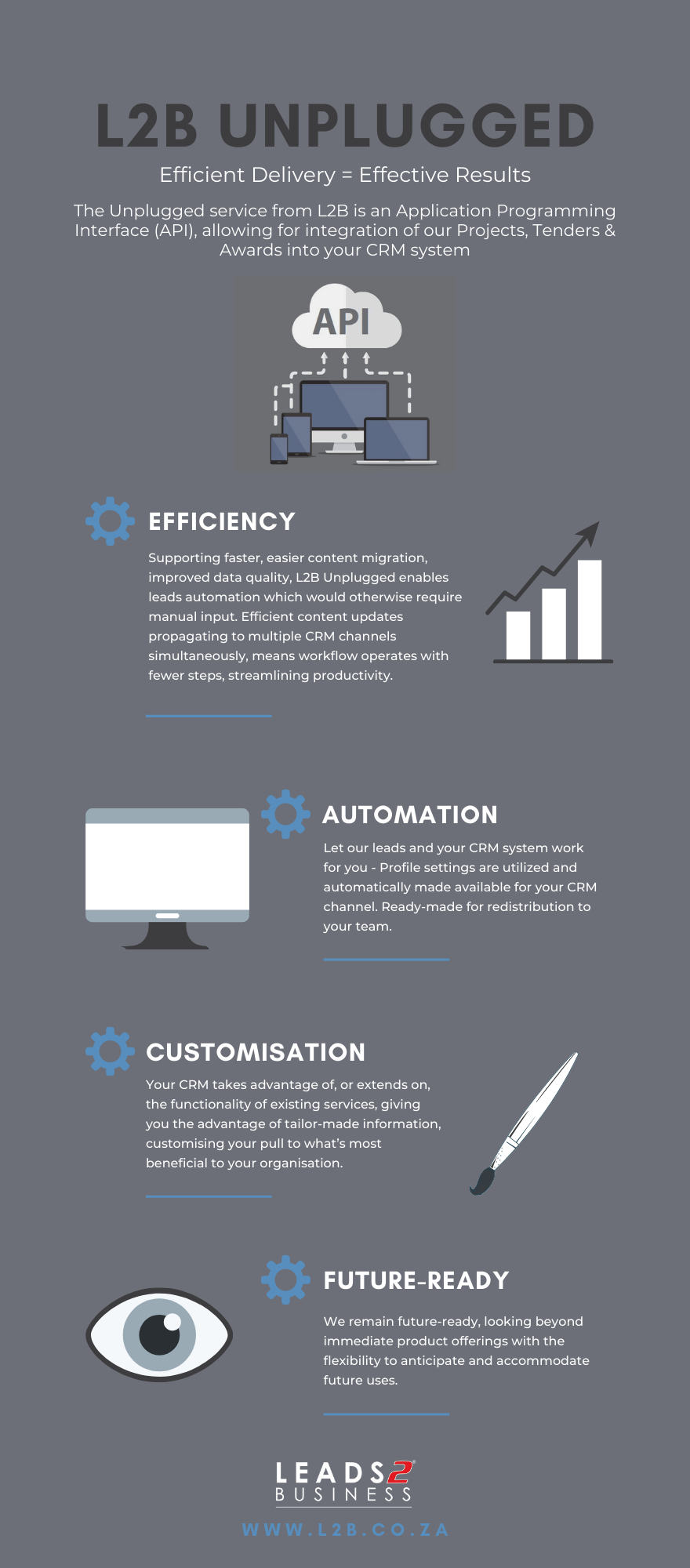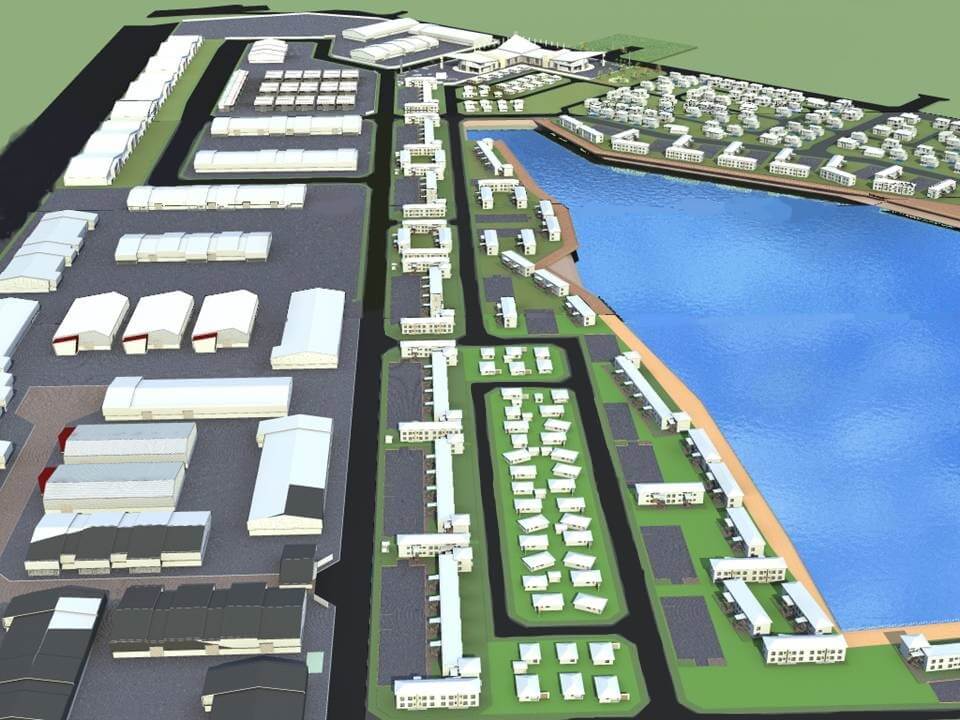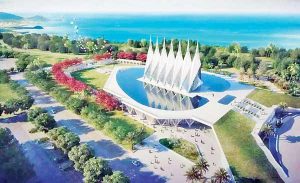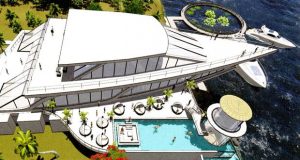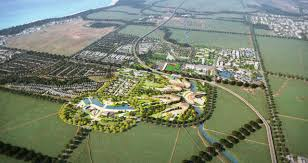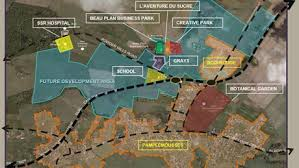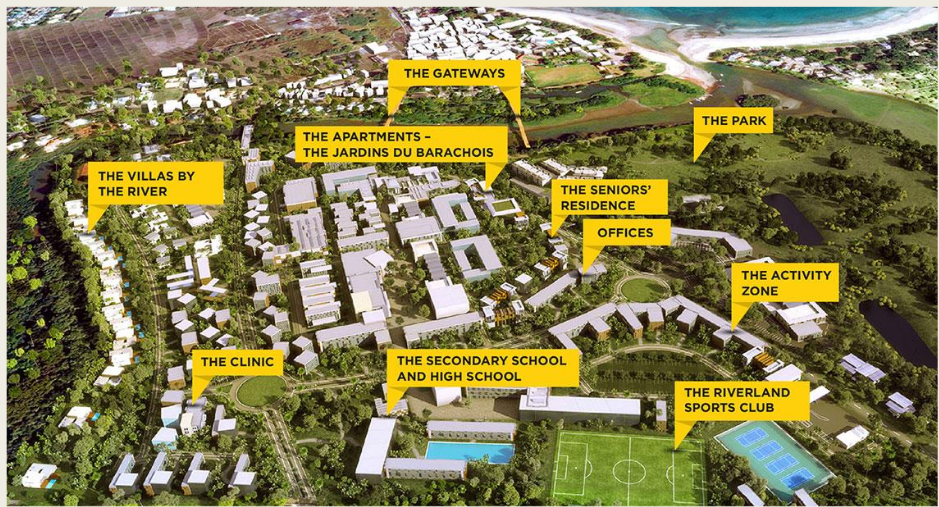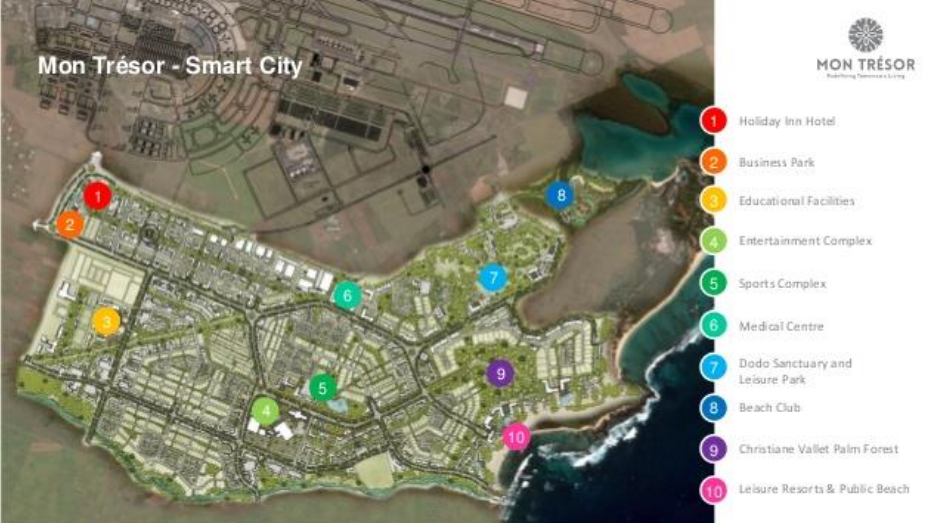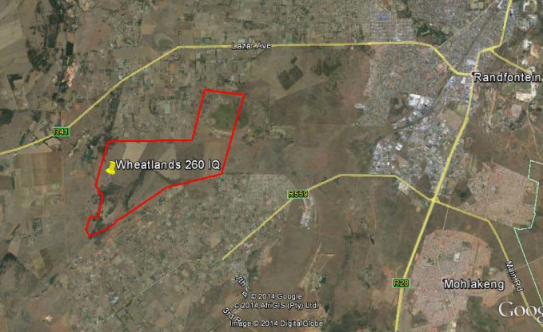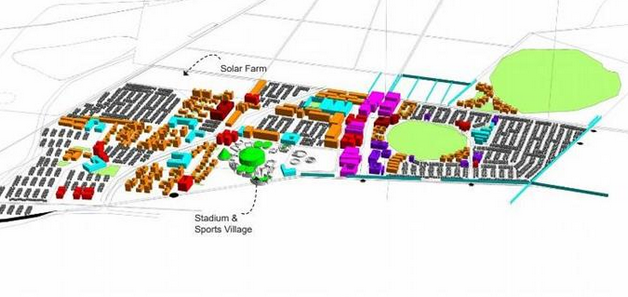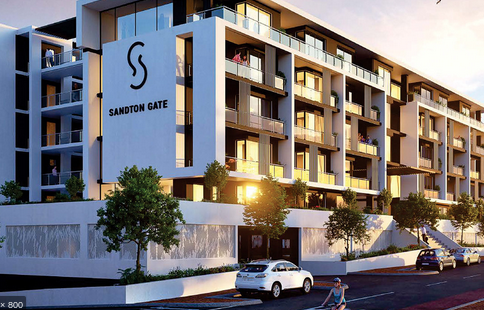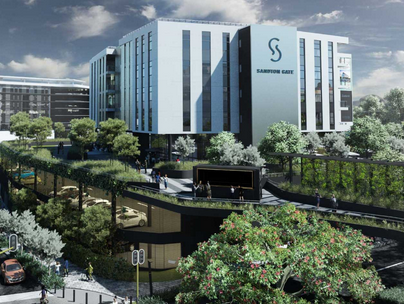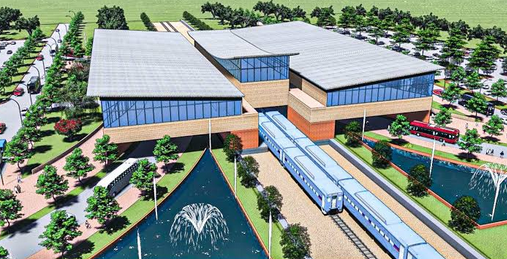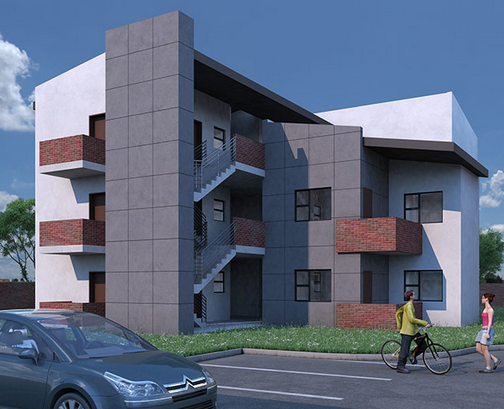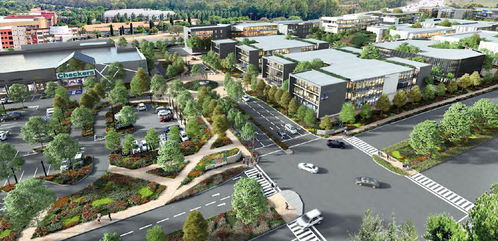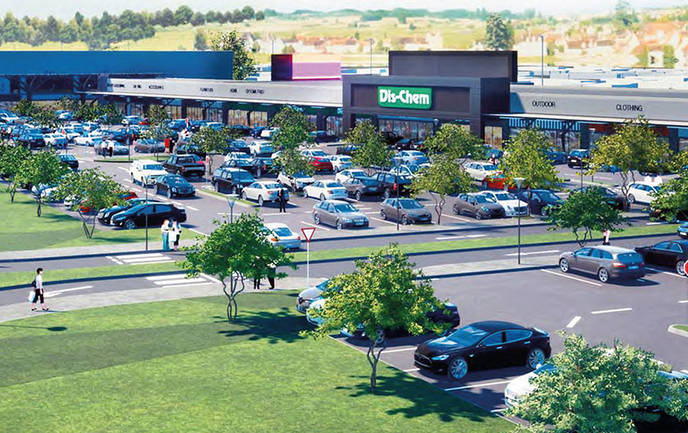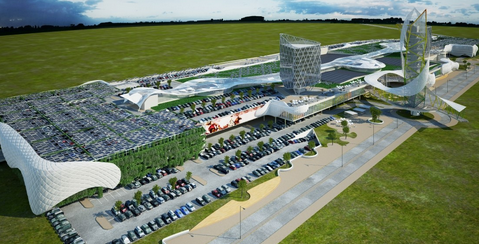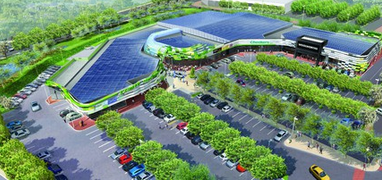5 Megacity Projects in Gauteng
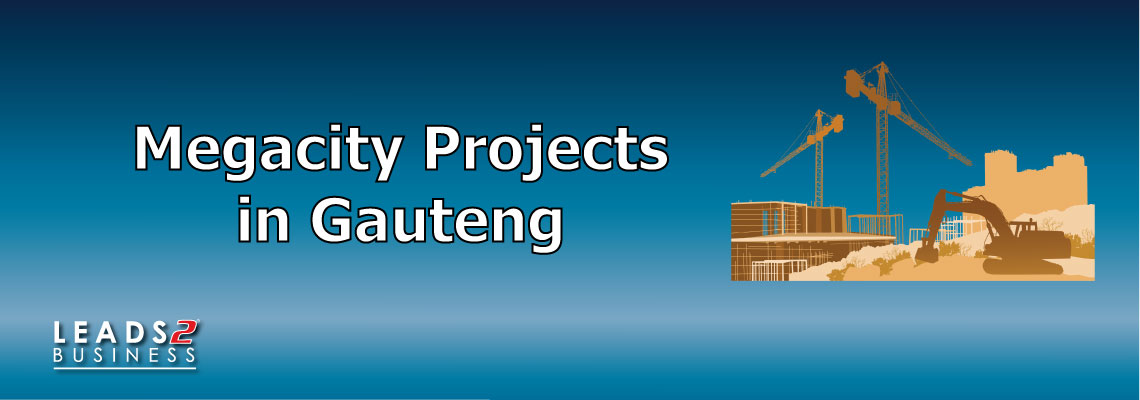
Today I am going to be discussing the 5 new Mega City Developments around Johannesburg that you need to know about.
So, what are we waiting for? Let’s get to it.
Gauteng is a Sesotho word meaning “place of Gold” and although it is the smallest province of South Africa it has now become a city of modern skyscrapers. Let’s take a look at some of the huge developments taking place there.
The first one we are going to take a look at is Dan Tloome Mega City (PPA 23766)
The project value of this development is R17 billion. The property is situated to the west of Randfontein CBD in Rand West Local Municipality. This mixed-use development will comprise of 22 110 residential units: 5 419 houses and 16 612 high-density units.
The development will consist of social and veteran housing, walk-up apartments, disabled housing with all necessary amenities: shopping and neighbourhood centres, student accommodation, community centres, schools, industrial park and much more. A large sports village with a 40 000 seater stadium is also said to form part of the project.
The next megacity we are going to discussing is the Sandton Gate (PPA 20384):
Sandton Gate is located in the heart of Johannesburg and is 5 minutes away from the Sandton CBD. This mixed-used development will incorporate commercial, residential and retail space all connecting to one another. Pedestrian walkways will connect each building to the next allowing precinct users to zigzag through the development to embrace and access all the amenities effortlessly.
The pedestrian-friendly walkways offer tenants in apartments and office the space to relax. Sandton Gate overlooks the lush green banks of Braamfontein Spruit. This project is being developed by Abland and Tiber.
So far, we have had a look at the Dan Tloome MegaCity and Sandton Precinct.
Now let us move onto our third Mega-City: The Montrose Mega City (PPA 21484)
Montrose Mega City Development is located in the West Rand Region of Gauteng within Randfontein. The development will consist of 5 602 and 8 190 mixed-use residential units on Phase 1 and Phase 2. Montrose Mega City Development has both public and private involvement which will consist of schools, private and public hospitals, a government complex, theme parks, commercial agricultural, retail, commercial office parks and other public amenities.
The duration of the entire development construction period is about 7 years. There are among 750 and 800 people working on-site every day.
The development has the support and upliftment of the community and is expected to have a population of between 56 000 and 70 000 in the Township.
Now we are going to take a look at the next Megacity which is Irene Link (PPA 20875):
Irene Link is one of the new developments being constructed in Gauteng. This development is located on Alexander Road just off Botha Road interchange from the N1. This development will consist of the following tenants – Crazy Plastics, Dischem, Pick n Pay Clothing, Checkers and Crazy Pets, beauty tenants, health and lifestyle. This building will also comprise of several restaurants for socialising.
This development is currently being constructed by Abland Group. The Irene Link Precinct will consist of residential, retail, medical centres, education facilities, hotels and commercial offices. This project is expected to open around March – April 2021.
Now the next development we are going to be chatting about is the Rainbow Junction (PPA 12838):
The Rainbow Junction is estimated to cost between R10 billion and R12 billion over a 10 – 15-year development phase. This development comprises of prime office, retails, commercial, hotel and conferencing facilities, social and recreational amenities and space for educational facilities. Due to this development being so huge, it is expected to create around 45 000 jobs over its development phase. This strongly transit-orientated development is said to be the world-class, integrated and sustainable mixed-use megaproject. The multi-billion rand Rainbow Junction mixed-use property megaproject will be located in the north of Pretoria CBD.
The Rainbow Junction mall is said to have over 250 retail stores, a state of the art cinema, an ice rink, restaurants and much more. The Rainbow Mall is estimated to cost around R2.5 billion.
“Rainbow takes retail beyond boundaries into an entirely new yet already bustling northern node in the City of Tshwane”.
After taking a look at these exclusive developments, one can see that once complete, they are definitely going to hit Gauteng by a storm. These developments are just a few of the numerous major projects coming up in Johannesburg. Keep a look for these exciting projects on the rise.
Interested in knowing more about these Mega-Cities and more? Subscribe today.
Sources:
Sandton Gate
Civils Online
Abland
Broll
Giflo Group
Retail Africa
Property 24
RNS
Business Tech
Property Wheel
Maximum Group
Real Estate Crowdfunding
To view more Articles, please visit our Leads 2 Business Blog.
If you are interested in becoming one of our subscribers, please visit Leads 2 Business.
To view notes with screenshots on how to use our website, please visit Leads 2 Business Wiki.
I am a Content Researcher for the Western Cape Region in the Daily Tenders Department.

